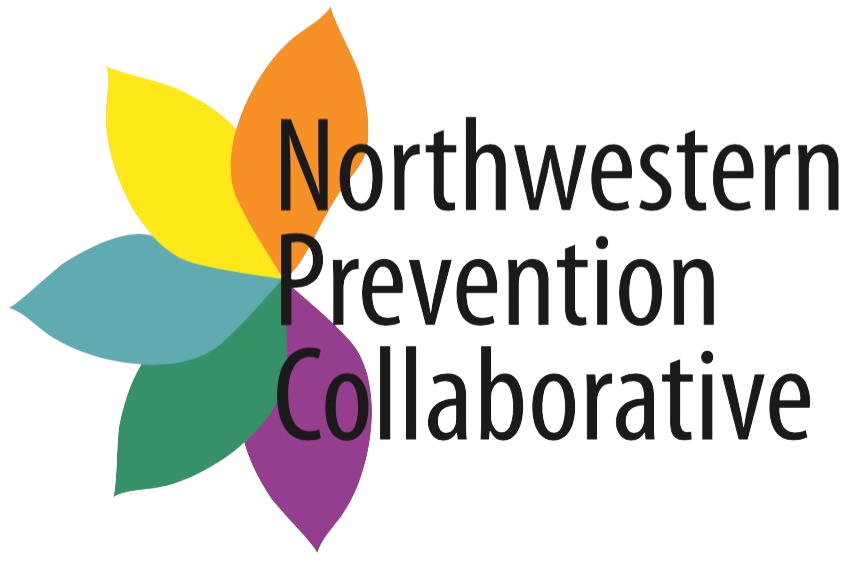If you or a close loved one has ever dealt with the challenge of seeking sobriety, you know firsthand just how difficult that journey to wellness can be. While the journey isn’t easy, it is always worth it. Because the pathway to wellness can be difficult, we want to give you a few tools that will help you along the way.
Whether you are just getting started or you’re continuing to sustain sobriety and the new lifestyle that comes with it, resilience is going to be your key to success! You might be asking “What is resilience?” For others, you may be in place right now where you’re feeling depleted. This can leave you wondering how you can start building your resilience up again. We have the answers for you!
What Is Resilience?
Psychologists define resilience as the process of adapting well in the face of adversity, trauma, tragedy, threats, or significant sources of stress—such as family and relationship problems, serious health problems, or workplace and financial stressors. The beauty of resilience is that it can be learned and developed. Resilience is not a special trait that only some are born with while others are left to struggle without it. We can all build up our own resilience. Just as we use the gym and specific exercises to build our muscles, there are specific tools that we can all gain access to that will help us build our resilience. Scroll below to see 10 Tips that will help you start your journey to wellness off right! It all begins with building resilience. The tips below will show you how to get started!
10 Tips For Building Resilience:
Practice self-care
Taking care of yourself physically and mentally has many benefits in a life of recovery and will help ensure that you’re prepared to face difficult situations in sobriety. Prioritizing self-care in recovery will also give you more energy to help others, improve your productivity, encourage self-discovery, and help you focus on the present moment instead of your past.
Nurture spiritual practices
Spiritual practices like prayer, meditation or yoga can help you restore hope and peace in good and bad times. These practices can also keep you grounded and resolve lingering negative emotions that are holding you back from reaching your full potential in sobriety. These practices have also been found to be very impactful for lowering stress and blood pressure levels.
Develop personal goals and work toward them daily
It’s important to have goals to work toward, even if they are small. For example, making your bed each morning, meditating for 10 minutes each day, or meeting with your sober coach once a week are all goals you can prioritize daily and weekly.
Make sober connections
Continuing your addiction treatment by enrolling in a sober living program, IOP, or aftercare will provide many opportunities to establish sober, supportive, and healthy relationships in recovery. Regularly attending community support group meetings like AA or NA is also a great way to make sober connections.
Start viewing challenges as an opportunity to improve
Instead of viewing relapse, financial difficulties, or relationships problems as personal failures, consider how these challenges can help you improve personally. Although life is full of challenging circumstances, how we approach them makes all the difference.
Actively seek opportunities for personal growth
Even in the midst of a difficult situation, ask yourself how you can grow from it. It’s not always easy to find the silver lining, but adverse situations like financial problems, relationship struggles, or personal loss often offer opportunities for personal growth and healing.
Take action
When hard times come, rather than retreating into isolation or taking up the victim mentality, take positive action to resolve the issue or work through it. Having a proactive mentality will help you overcome feelings of defeat and self-loathing that could lead to relapse.
Accept that you don’t have control over everything
There will always be things in life that you can’t control and that’s okay. As a healthy, sober person in recovery, having resilience will allow you to cope with the stress and find ways to make it through difficult times without giving in to the temptation to use drugs or alcohol as a crutch.
Maintain a level head
It’s easy to blow things out of proportion, especially when your judgment is clouded by drugs and alcohol. In sobriety, it’s perfectly okay to experience every single emotion, but the way you choose to act in response will determine whether you stay sober or give in to the temptation to use again.
Believe in yourself and your abilities
Having confidence in your ability to stay sober and live a healthy, happy life goes a long way. Although it takes time to develop confidence, surrounding yourself with supportive, sober people will also help you learn how to trust yourself and be secure in your ability to solve problems, overcome adversity, and live sober.




Comments are closed.